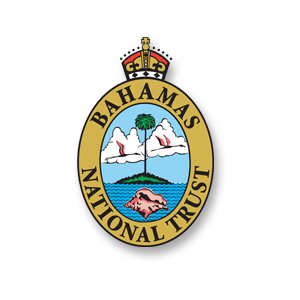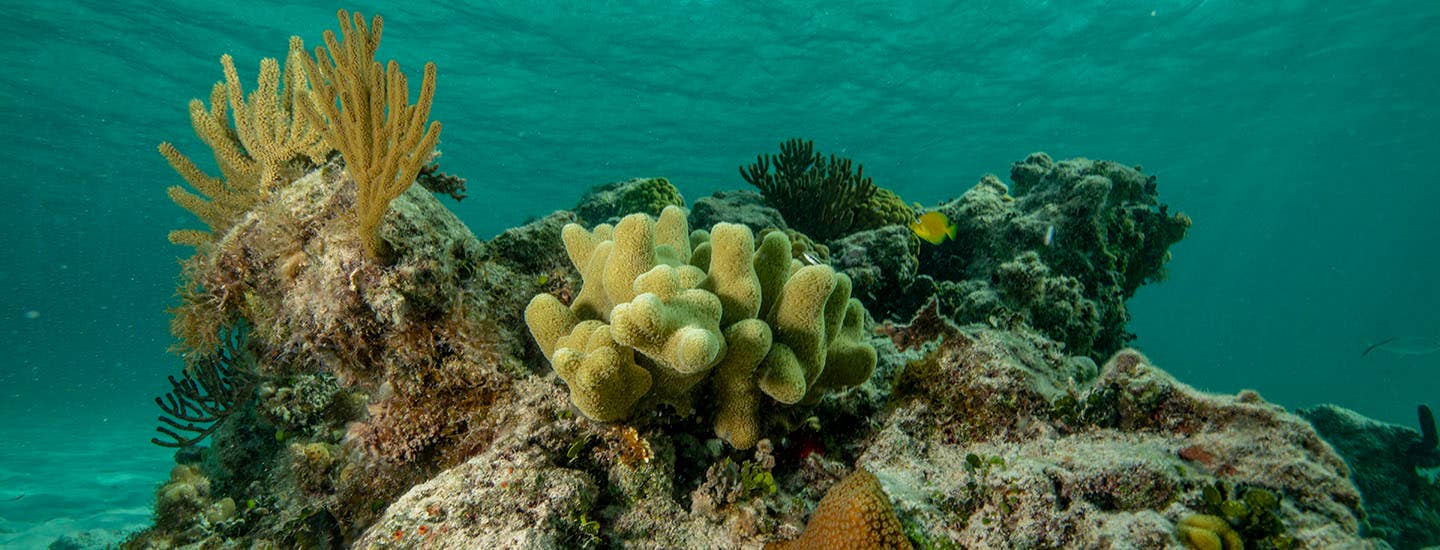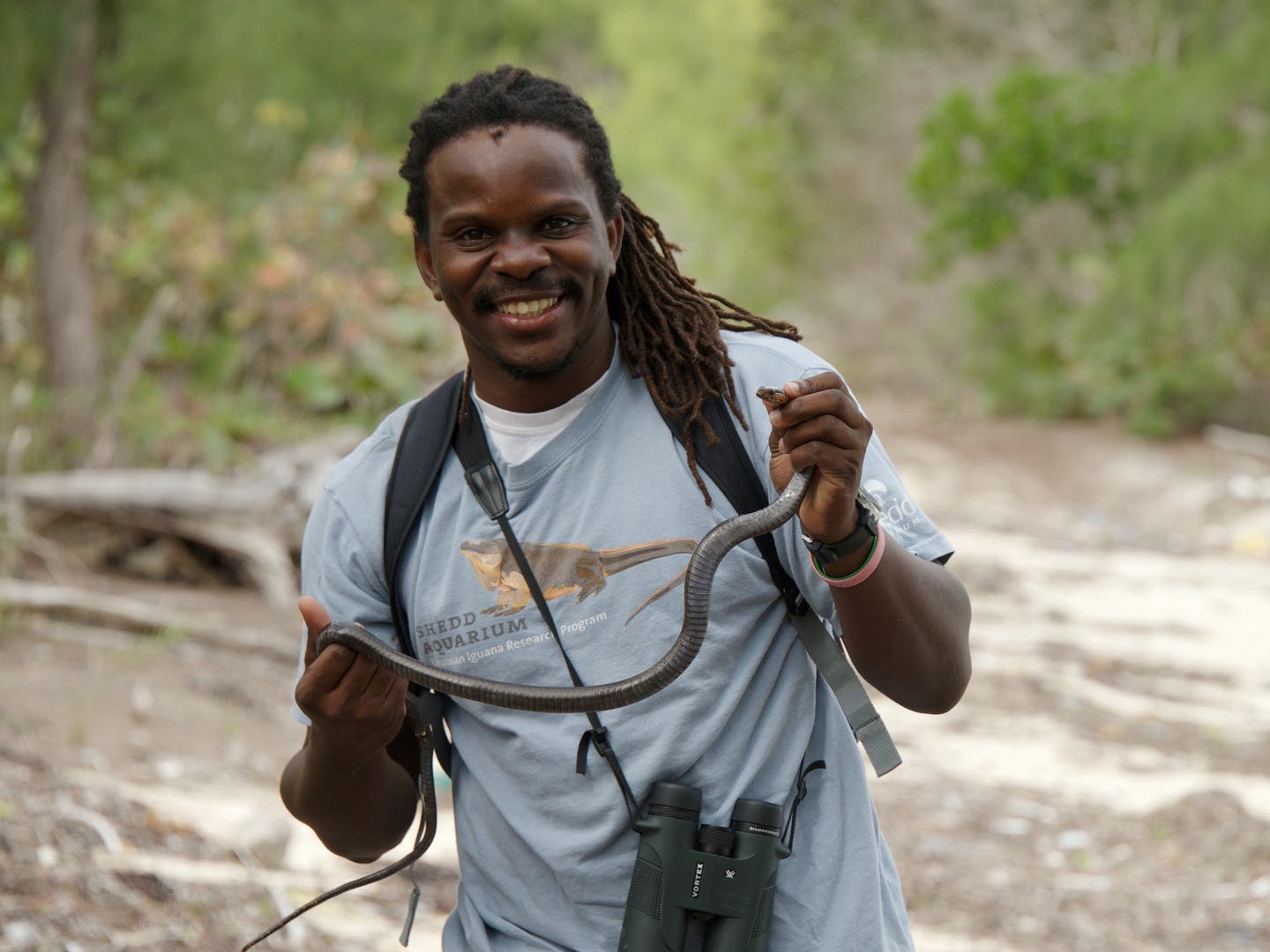As wildlife conservationists, we understand that our work illustrates the importance of biodiversity. We recognize that we are the active voices speaking up for the native and endemic plants and animals that may go extinct if no conservation action is taken.
All it took to nudge Scott Johnson toward a career in conservation was the Kirtland’s Warbler, a beautiful Endangered warbler that is one of the rarest songbirds and winters in the pine forests of The Bahamas. Scott, a native of The Bahamas, first heard about the birds during a class at the College of the Bahamas, then spent two seasons as a Kirtland’s Warbler research assistant. The rest is (unfolding) history!
Scott attended St. Mary’s College in Maryland on scholarship to finish his undergraduate studies. Upon moving back to The Bahamas, he was offered a job at The Bahamas National Trust (BNT), where he works today as a science officer. Scott’s primary focus at BNT is on birds and reptiles of The Bahamas. He loves spending time in the field and, he says, working with wildlife, ecosystems and people. He is also a stellar storyteller, making technical information about wildlife accessible and memorable to help inspire conservation action in The Bahamas.
This conservation hero’s passion and commitment will continue to help make a critical difference in a country that is home to the third-largest barrier reef in the world, and more than 300 bird species (many of which, like the Kirtland’s Warbler, depend on The Bahamas to rest and recharge on long migratory journeys). Wildlife in The Bahamas face multiple threats, including deforestation, introduced predators and, more recently: climate change.
Thanks to Scott, The Bahamas National Trust and partners, this special place, which connects people directly to the beauty of our wild world through tourism, is being protected and restored—to the benefit of all life on Earth.
Top photo: Corals in The Bahamas. (Robin Moore, Re:wild)
Partners


